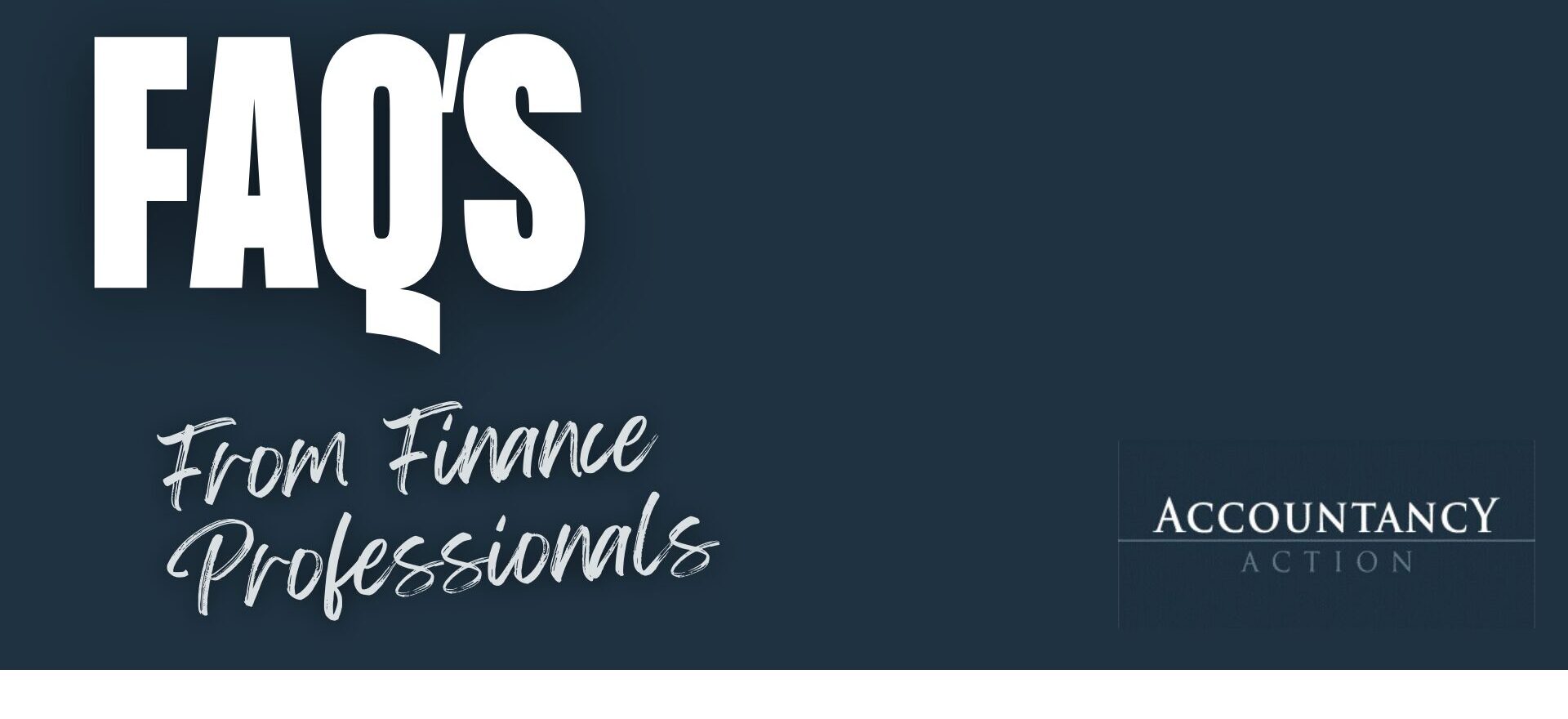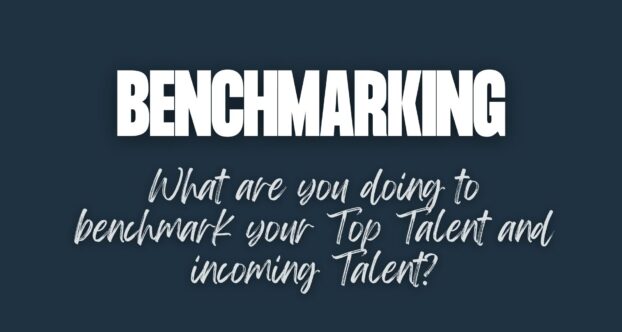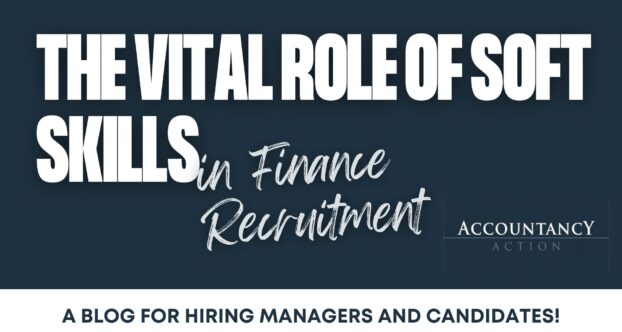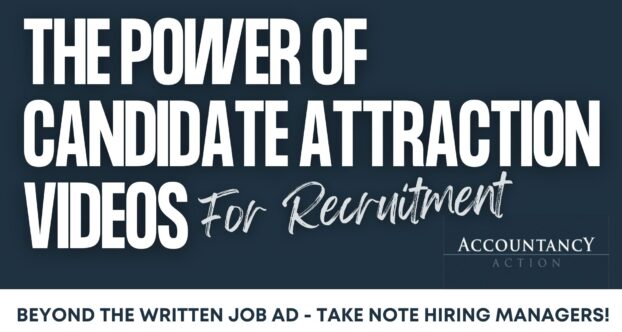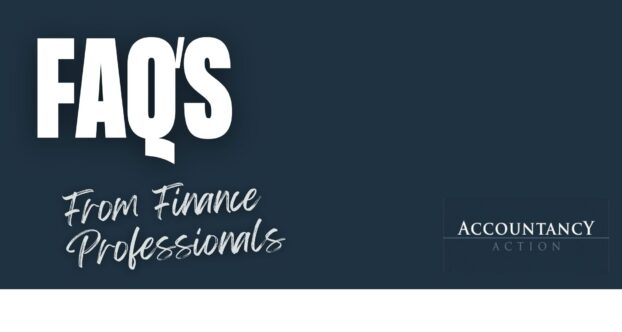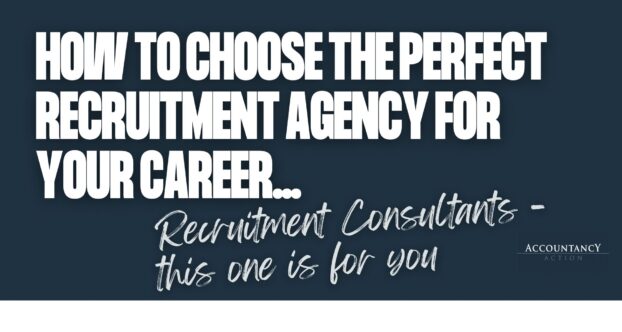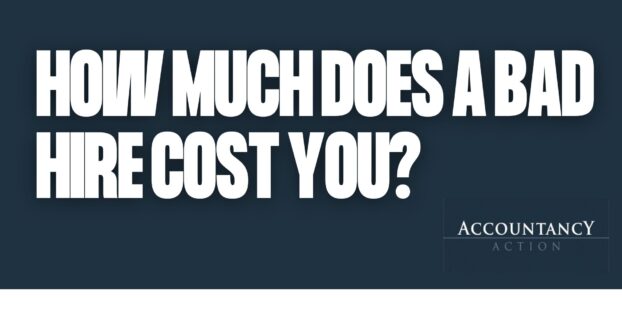In today’s blog, we will be addressing some of the most frequently asked questions (FAQs) from finance professionals like yourself, based on navigating the job market. Whether you are a junior or an experienced senior, these questions and answers serve as valuable tools for all levels of expertise.
What are the key skills employers look for in finance candidates?
This all depends on the level you are at. At the more Junior end of the market, a lot will come down to attitude. Make sure you show up early, be responsive, and be open to learning. These are all hard to “prove” but there are ways you can give them a flavour throughout the interview process. You know what they say, first impressions are everything!
For accounts, it’s going to be work experience, studies, systems used, sectors worked in, projects undertaken, and a track record of hitting deadlines and improving processes. If you can bring anything to your interview or highlight these in your CV, you’re on to a winner.
How can I make my CV stand out?
As above, make sure you clearly highlight:
- Studies
- Systems
- Projects/achievements
- Work History
These should all be documented in the first half of page 1 on a CV….
With so many CVs hitting hiring managers, you need to catch attention quickly
Other ways to enhance are:
- Write a sentence to detail the businesses you’ve worked for. What they do, what size are they, what’s the structure of the team you’re in and what’s your overall role.
- Document achievements clearly… where have you saved time or money? Provide numbers to demonstrate the value, and explain why you decided to make the changes you did
- Provide context, rather than just talk about processing invoices, talk about how many, what currencies, what value and what type of clients/suppliers.
What should I expect during a finance job interview?
Accountants are some of the most diligent people in the professional world.
Knowing your processes and your numbers inside out is super important, expect to be asked to provide depth to anything you’ve done in your previous role.
Once you hit a skills threshold, decisions will ultimately be made on whether they can see themselves working with you. Show an interest in them, build rapport, create buy-in and show them you’d be easy to work and get along with as well as being top-notch at the job.
How do I negotiate salary and benefits effectively?
This is easy… Let us do if for you!!
Important things to note:
Speak to a recruiter and DON’T price yourself out of the market. We are here to help you avoid these mistakes.
All negotiations involve trading variables, if you want a higher salary then what more could you bring to the role than the baseline of what they’re asking for? A good deal is a good deal.
Be in demand and negotiate from a position of strength… if your rent is due and you have no other options on the table then it’s harder to back yourself to negotiate. If you have lots of companies willing to interview/offer you a role then it will be an easier thing to do.
Always remember the long term though, sometimes a short-term increase in pay can be detrimental in the long run if you join the wrong business. We cannot stress this enough.
Work out the 3 most important things to you. Is it the money? The progression opportunities? The industry of the company? Take everything into consideration and assess whether it’s worth trying to squeeze an extra £1-2k out of something and risk losing it.
Conclusion
As mentioned earlier on, our agency is dedicated to guiding you through every step of the interview and hiring process, ensuring the best possible outcome for you. Even seasoned finance professionals may find themselves in need of assistance during the job search journey. Rest assured, whether or not you secure a position through us, we’re committed to offering guidance and support whenever you need it.
Feel free to email me with any questions you may have or if you want us to find your next role.
Mark Marshall
Associate Director

